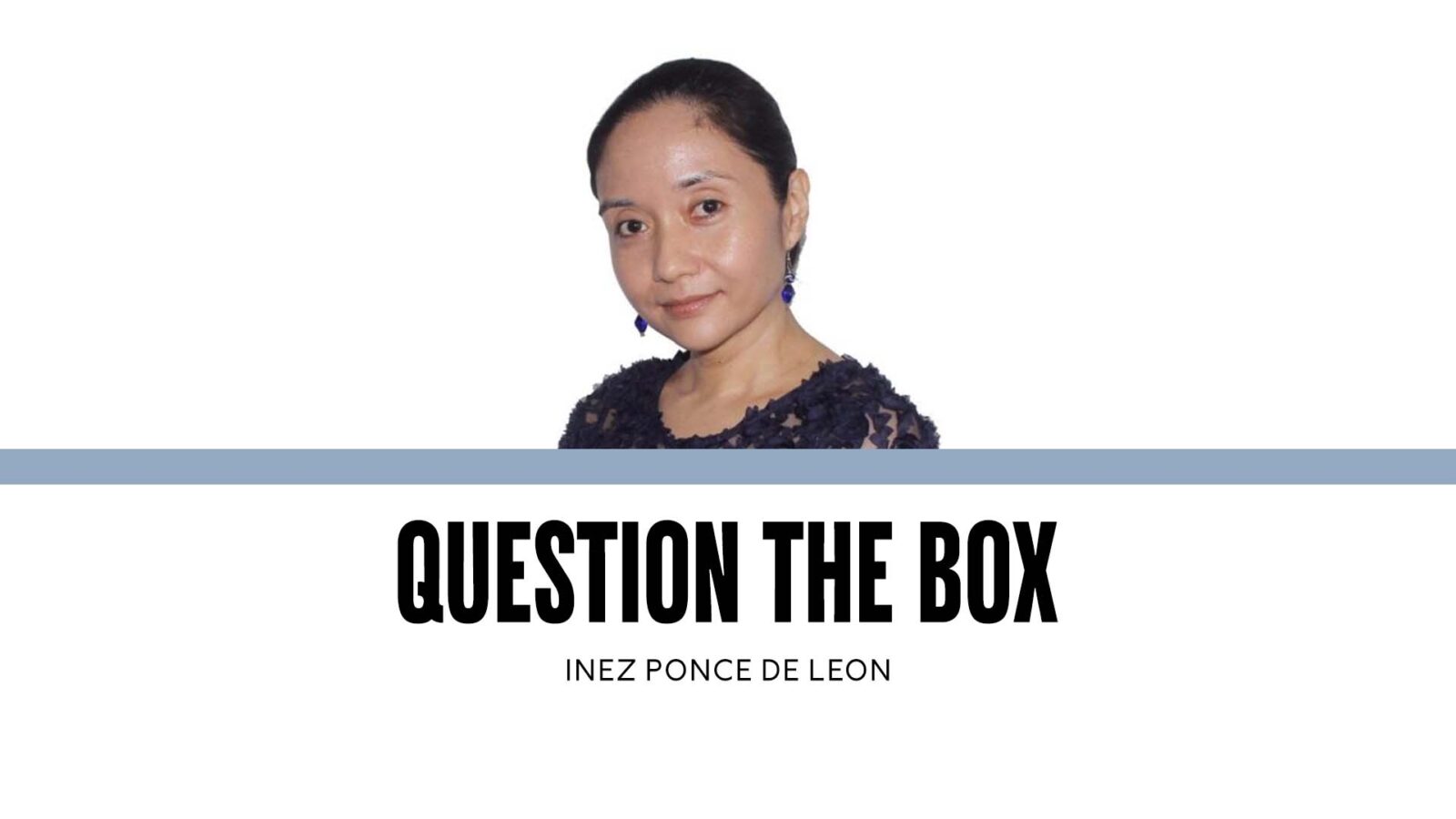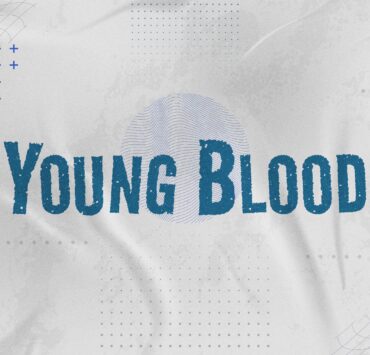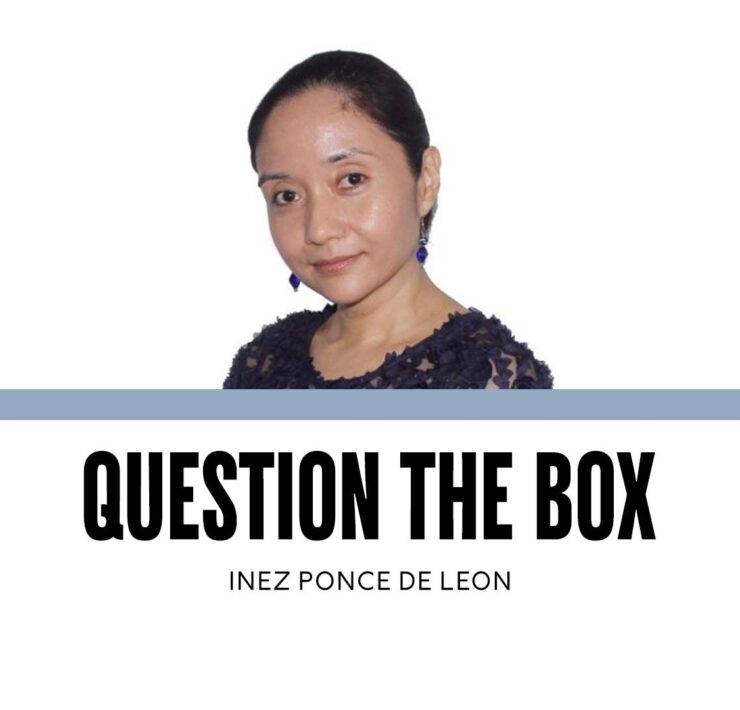Learning languages, telling stories

Last week, I was the keynote speaker for the first day of the 2025 Speech Communication Conference held at the University of the Philippines Los Baños (UPLB).
In those few hours, I saw the kind of work that my fellow researchers were carrying out. We all spoke the same language: examining the world through the lenses of communication as a phenomenon, critiquing practice, moving past the usual “effects” questions, and asking instead about our lives as Filipinos.
Language is not merely that which carries meaning for a particular group. It can also refer to the parlance that allows people of the same profession to discuss the same issues and use a vocabulary familiar to them.
When I was a beginner communication practitioner, I thought that our language was simply that of convincing people to do as we wanted them to.
As I immersed myself in the research, however, I found that communication draws heavily from philosophy, and that it is more than dressing up information. As I became a science and risk communication scholar, I also found that my field was about listening to how people make sense of the world, what reality is like for them, and how they experience the intricate, maddening, beautiful combination of knowledge, experience, emotion, and risk (and more).
This has led me to advocate for gathering and listening to stories rather than imposing assumptions. I’ve written about this constantly in this column. Last week, I spoke about it during my keynote.
In the interactions that followed, I saw how researchers across the country already have stories to tell us all.
Kate de Jesus, an assistant professor at UPLB, has traveled to different places in the country, where she brought play and drama strategies to help communities understand complex information. She also has her own framework called Wari-Yari, which joins the two distinct modes of imagination in the Filipino language: kunwari, or the building of ideas in one’s mind; and kunyari, the building of actual structures to reflect the elements of one’s imagination.
Julienne Baldo-Cubelo, an associate professor at UP Diliman, is doing research on conversations, most recently on mothers and daughters discussing social media use, where she found that talk about the body was central to the ideas shared. Her work has explored conversations among different publics, all of them revealing experiences that speak of the Filipino at an uncertain time.
In these two studies, I could see what I wanted to bring forth: a closer look at how we, as a people, articulate our identity; and a deeper examination of how we, as a people, tell the stories of our lives.
It was also in these studies that I saw the richness of our culture, a richness that we often miss out on when we readily label people as too uneducated to react, too poor to have a say, and too simple to understand what we believe are concepts only the sophisticated have access to.
In those brief conversations, I found that there was no corner of the country untouched by perception and intelligence—we simply needed the right medium through which they could emerge.
And the imagination that people had, from the youth who played with ideas, to the old who did not realize that they were already teaching themselves complex concepts from hitherto inaccessible handbooks!
It is in these times of discovery that I am so proud of how we have so much to say, and in depth, and with our own tools; but it is also in these moments that I can see how much more painful it is to sacrifice our dignity at the altar of indifference.
Through the lenses of research and in the language of scholarship, I saw that every peso lost to corruption is a betrayal of a country that is deeply good, that can speak insightfully when called upon, that has its own way of seeing reality that must be shared rather than hidden beneath survey responses, agglomerated numbers, or mind-numbing so-called “entertainment.”
I saw so many lives whose stories could be told—but that could be cut short if we are to continue on this road of allowing the powerful to go unchecked in their corruption, if we allow the murderous and foul-mouthed to run free after having orchestrated the butchering of those whose lives and choices had been stolen from them.
For after all, in his rush to go after the drug addicts, was he not also attacking the poor, those who had been forced into poverty by the very government that had tasked itself to “discipline” them?
In the next few weeks, there will be rallies—there should be more of them, as we rattle our cages and speak up. Every shout we make must tell our story, of how we can no longer endure the humiliation of having our taxes decimated in favor of someone else’s comfort.
Every step in those marches must also be our language, where we tell the story of those who do not have the chance or who fear speaking up. If we can loosen their chains, perhaps they will find the power to finally open their eyes and demand justice for us all.
—————-
iponcedeleon@ateneo.edu


















